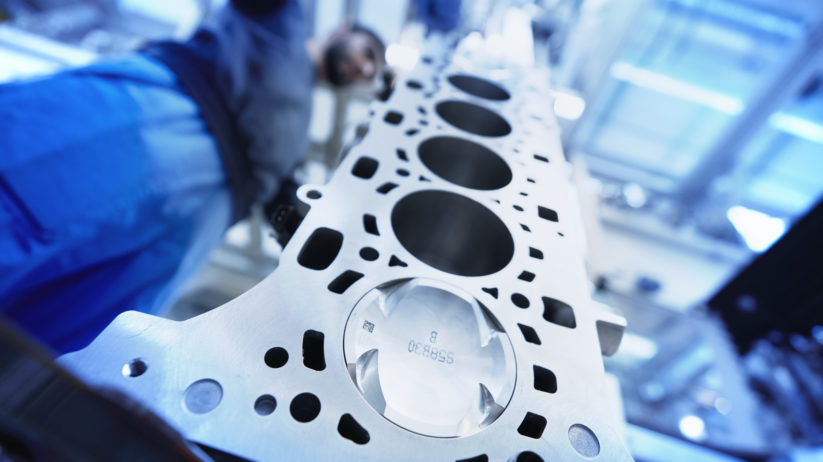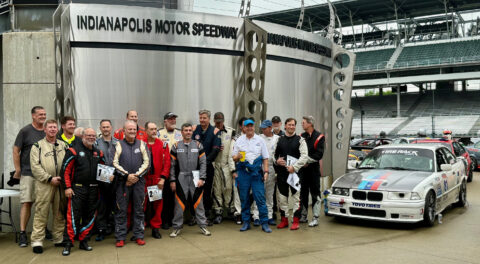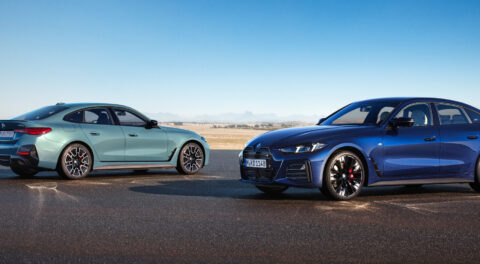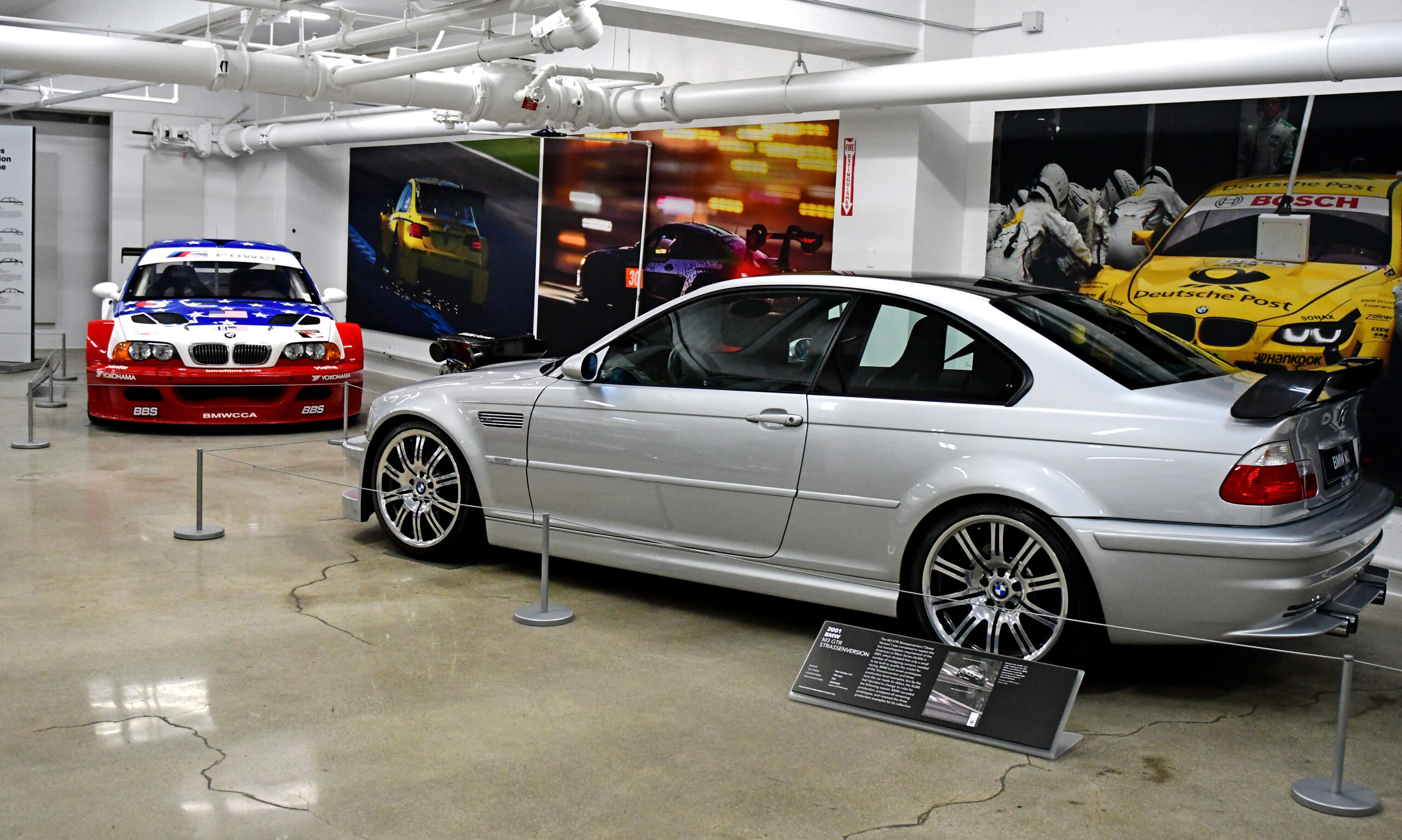A couple of weeks ago, news broke of Daimler and Volkswagen planning to end development of internal combustion engines in the not-so-distant future. Although Mercedes has unveiled a number of new engines over the past few years, it’s said that there is no plan in place to develop another succeeding generation to replace those currently in use or slated for debut. It’s the same story at VW, which reported that 2026 will be the final year of a new internal combustion engine platform going into production. These plans translate to two of Germany’s largest automakers forecasting to end production (and sales) of these engines some time around 2040, while development of electrical propulsion will have long since assumed the top priority in terms of development.
BMW, on the other hand, is said to be sticking it out a good bit longer. Development chief Klaus Fröhlich has said that BMW plans to continue manufacturing diesel engines for another twenty years, while gasoline power plants are scheduled for another 30. The news is both good and bad for enthusiasts, many of whom seem to be correct in their assumption that gasoline-motived cars just have more character in the way they go about their business, becoming an integral part of the driving experience. On the other hand, BMW choosing to stick with fossil fuels longer than its main rivals may not be the most optimal way to proceed in a market that’s seeing the Tesla Model 3 make the 3 Series sweat.

It’s the future that has all automakers worried, with the transition to electrification to appease the edicts of regulators already weighing heavily on profitability around the world. If nothing more, BMW is merely reiterating its now longstanding position of developing platforms that can accept a variety of propulsion methods, including a purely electrical drivetrain, a hybrid setup, or a gas or diesel engine by itself. BMW says the main advantage is that production (which can occur on shared lines in facilities that are already in use) can be scaled to meet market demand of varied EV and hybrid take rates around the world.
This plan still has its detractors though, as some have already been critical of the company for failing to effectively follow up on the groundbreaking efforts of cars like the i3 and i8. However, while it is true that other automakers have caught up with and surpassed BMW in terms of EV and hybrid integration into their lineups, BMW has continued to sell an impressive number of vehicles with electrified drivetrains, meeting and sometimes exceeding internally designated volume goals. The company is betting on the trend staying on course over the next few years, with a goal of having sold over a million BMW Group Electrified vehicles since the i3 hit the market in 2013, by the end of 2021.
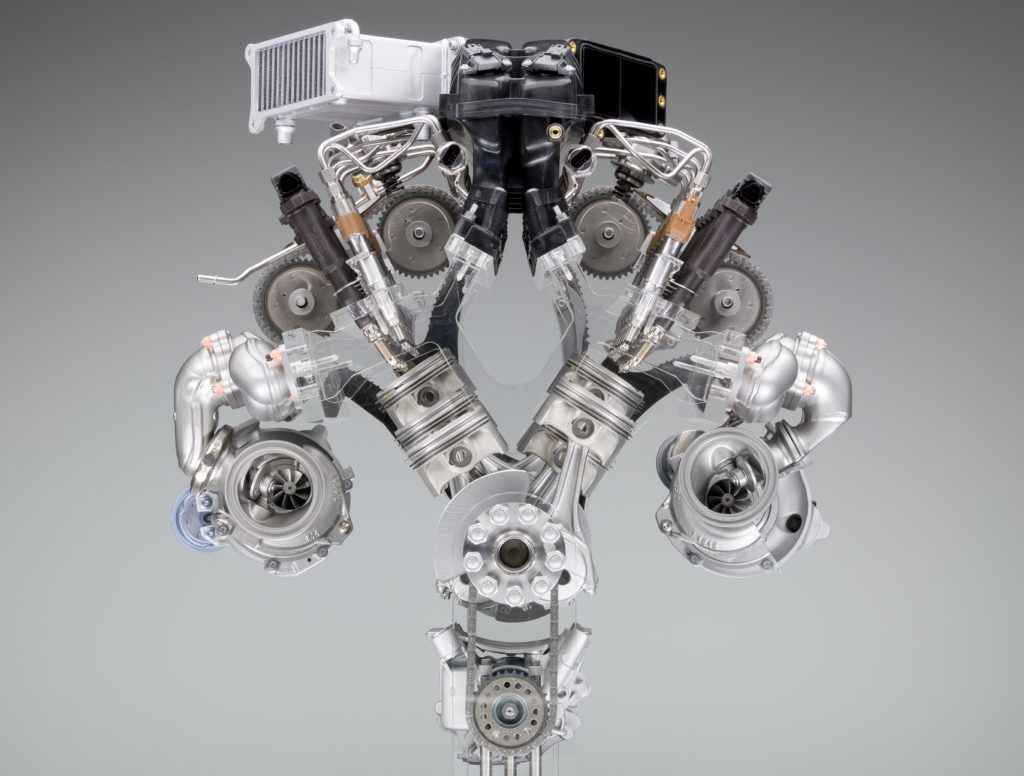
How things will turn out, no one can accurately anticipate. Nonetheless, news of automakers like Daimler and VW, who own brands like Mercedes-AMG, Audi, and Porsche now setting dates for the end of internal combustion remains depressing. While forum pundits and others bemoan the near elimination of manual transmissions from automaker build sheets as time goes on, the entire concept of how people get around is being rethought, and with it, the need for contained explosions beneath the hood. There seems to be no successor for BMW’s bimmerlife v12, but although we recently questioned the future of the V8, BMW is said to be working on a new one.—Alex Tock
[Photos courtesy BMW AG.]

